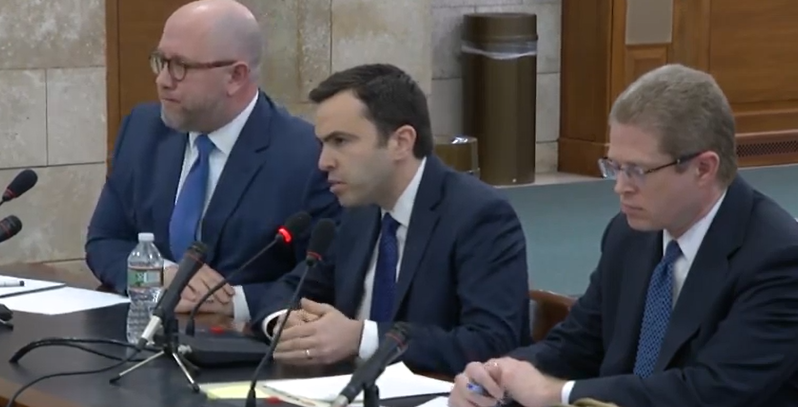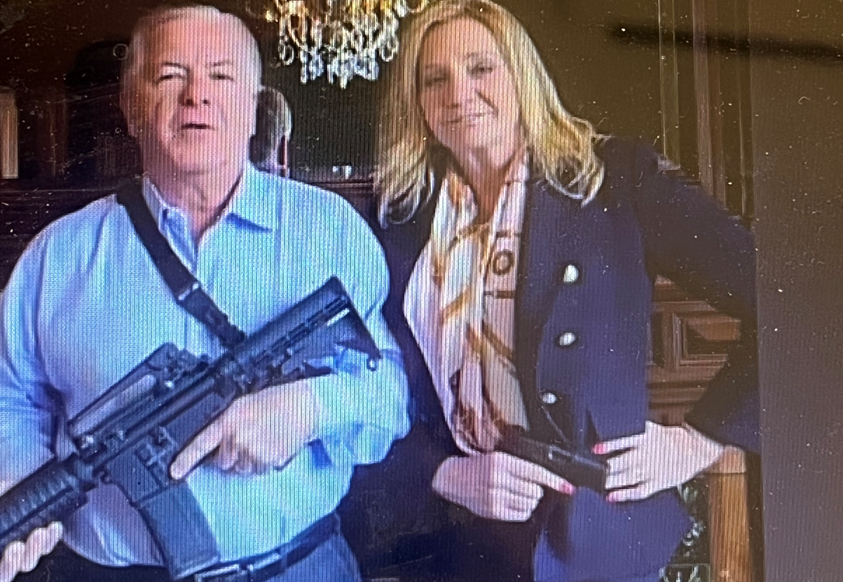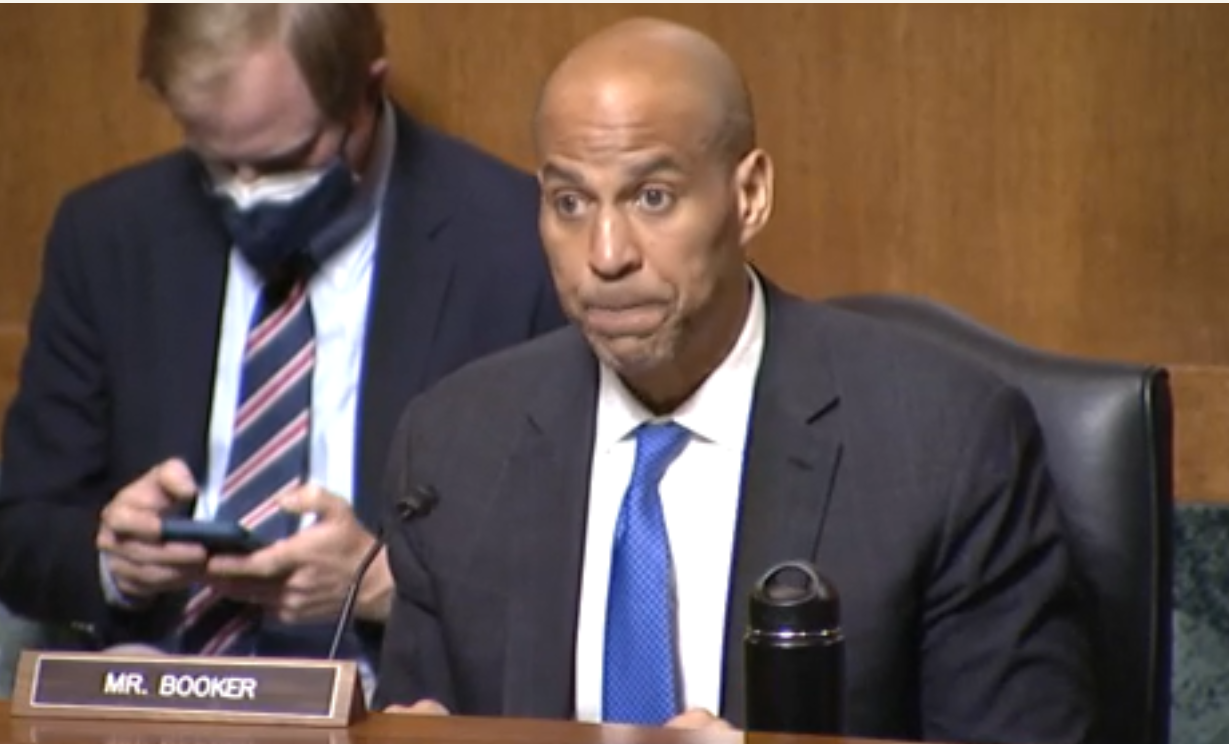
The Final Rule, issued by the Bureau of Alcohol, Tobacco, Firearms, and Explosives (ATF), clarifies that the definitions in the federal Gun Control Act regulate ghost guns in the same way as conventional guns. Ghost guns are weapons without serial numbers that are often made at home from kits or partially complete frames and receivers, which can be purchased without background checks. These weapons, which are untraceable, have been illegal in New Jersey since 2018.
The Final Rule ensures that buyers pass background checks before purchasing such kits, that these kits and related parts have a unique serial number, and that these manufacturers keep records, so that law enforcement officers can trace any self-made guns later used in a crime. It also limits gun traffickers’ ability to distribute these illegal weapons into New Jersey.
The brief, which was also co-led by Attorneys General Brian L. Schwalb of the District of Columbia and Michelle A. Henry of Pennsylvania, notes that the Final Rule, portions of which have been in effect for more than six months and fill a crucial public safety gap, may already be working to stop gun violence.
“The United States has a severe public health problem with gun violence, and states need all the help they can get to protect their residents from a patchwork of laws that create vulnerability to severe injury and death, and hinder law enforcement efforts to investigate crimes,” said Attorney General Platkin. “The data from law enforcement bears out the beneficial public health impact that this regulation has on keeping homemade guns out of the hands of criminals, young buyers, and other individuals who would not pass a background check.”
Specifically, the brief notes that before the Final Rule went into effect in August 2023, the New Jersey State Police (NJSP) recovered an average of 34 privately made firearms used in crimes per month from January to July 2023. However, that number dropped to approximately 19 of these homemade crime guns per month between August to December 2023. In addition, NJSP numbers show that as of February 26, 2024, there were 26 privately made firearms recovered in crime investigations for the first two months of 2024, as compared to 76 in the first two months of 2023 – a nearly 66% drop in the same time period. Although the data is preliminary and subject to being updated, it shows encouraging trends.
This is the not the first time that the states have defended this rational, logical regulation in the case, Garland v. VanDerStok. The states submitted amicus briefs at all stages of this litigation, including fighting against a preliminary injunction by the Northern District of Texas, which vacated the entire ATF rule. The coalition also filed an amicus brief at the Supreme Court previously, urging the Court to allow the ATF rule to remain in effect as the legal challenge continued. The Supreme Court granted that request in August 2023.
The brief was joined by the Attorneys General of Arizona, California, Connecticut, Delaware, Hawaii, Illinois, Massachusetts, Michigan, Minnesota, Nevada, New York, North Carolina, Oregon, Rhode Island, Vermont, Washington, and Wisconsin.
It is the second time this month Attorney General Platkin has gone to court to support commonsense restrictions against lethal weapons. On March 11, attorneys for New Jersey and Delaware Attorney General Kathy Jennings delivered oral arguments defending landmark firearms legislation before the U.S. Court of Appeals for the Third Circuit. The case, Delaware State Sportsmen’s Association v. Delaware Department of Safety & Homeland Security, involves a challenge to Delaware’s restrictions on assault weapons and large-capacity magazines by plaintiffs affiliated with the National Rifle Association.
Platkin, a prominent figure in the legal community, has been instrumental in advocating for Supreme Court review of ghost gun regulation. Ghost guns, also known as homemade firearms, are untraceable and often lack serial numbers, making them a popular choice for criminals looking to avoid detection.
Platkin’s involvement in this issue stems from his deep commitment to public safety and his belief that stronger regulations on ghost guns are necessary to prevent gun violence. He has worked tirelessly to raise awareness about the dangers of these unregulated firearms and to push for stricter laws to address the issue.
Platkin’s efforts have not gone unnoticed, as he has garnered support from lawmakers, law enforcement officials, and advocacy groups across the country. His expertise and passion for this cause have been crucial in building momentum for Supreme Court review of ghost gun regulation.
In a recent statement, Platkin emphasized the importance of addressing the loophole that allows individuals to easily obtain and assemble ghost guns. He stressed that these untraceable firearms pose a serious threat to public safety and must be subject to the same regulations as traditional firearms.
Platkin’s advocacy has already had a significant impact, with several states passing legislation to regulate ghost guns more effectively. However, he believes that a Supreme Court review is necessary to ensure uniformity and consistency in addressing this issue nationwide.
As the debate over ghost gun regulation continues to gain traction, Platkin remains a steadfast advocate for stronger laws and greater oversight. His dedication to this cause serves as a powerful reminder of the importance of protecting our communities from the dangers posed by unregulated firearms.


